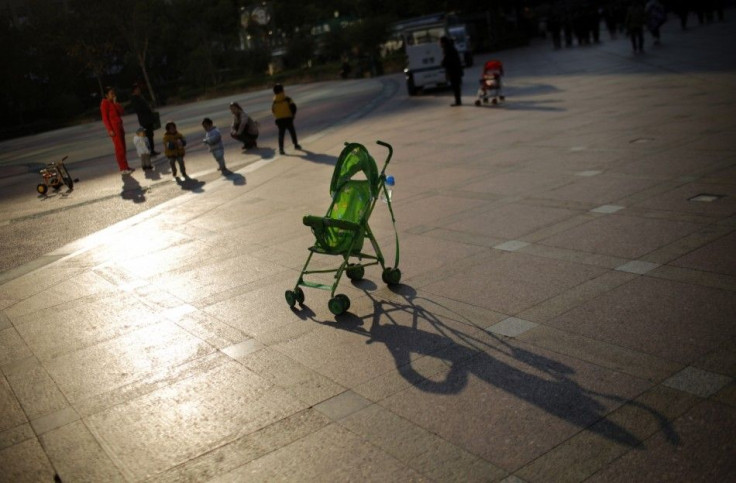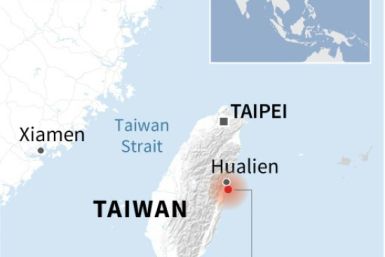New Zealand’s Labour To Push For Parental Leave Of 26 Weeks: Hopes Rekindle For A New Bill After Winston Peter’s Victory in Northland

With the Northland bypoll having changed the matrix of strength in the New Zealand parliament, the ruling party is looking weak to muster a majority in defeating important private Bills. The ruling party's depleted strength has emboldened the Labour party to make a fresh go at its once-defeated law on paid parental leave. It lost out on the effort in 2014. Labour MP Sue Moroney waged a three-year battle to get paid parental leave extended from 14 weeks to 26 weeks. But her bill was defeated.
In the Northland bypoll, the ruling National party lost the seat to Winston Peters' of New Zealand First. The opposition's victory has rekindled the hopes of Labour, which sees an opportunity in the new configuration, in making its efforts succeed, reports 3 news.
Labour's gresh moves on a new bill is despite the Government extending the paid parental leave from 14 to 16 weeks. Labour says that is not enough and is gearing up to resubmit a Bill that will stretch the parental leave to 26 weeks. "We're just going to keep it going," quipped Labour MP Sue Moroney, whose bid to pass the Bill had failed. Now, thanks to Peters' victory in Northland, she feels the numbers are on her side. "It'll pass," says Peters.
There are many working women, who are constrained to resume work, after a few months' of child birth, that too before the baby is properly settled and offered due care. Take the case of Kylie Maihi, a working woman and a first-time mum. He four months paid parental leave will be up in two weeks. Given her financial condition, she has to leave the baby and return to work that pays.
Winston Effect
In the new scenario, National, after the loss of Northland seat, has only 59 seats. Even after adding the solo MP’s support from ACT party, its number will only go up to 60. But Peters' entry into the Opposition ranks as the new M, P, makes the strength of those supporting the legislation swell to 61, which means a majority to pass the Bill. The main parties backing the bill are Labour, Greens, Maori Party and United Future,
"They're going to listen and they've been pretty arrogant," commented Peters. But the Government says it will not have to listen. Prime Minister John Key has stated that it would rather use the veto power to axe the Bill.
Lagging Behind
With New Zealand’s new reform on paid parental leave that made it 16 weeks, the country has taken the 29th rank along with Spain and Turkey, in the club of world's 34 developed countries, ranked by the Organisation for Economic Co-operation and Development. Only Switzerland and Mexico are behind New Zealand, with their 14 and 12 weeks. In the United States, there is no paid parental leave at all, reports Stuff.Co.Nz.
New Zealand's 16-weeks parental leave will be effective from April 1, 2016, and will be on par with Australian parents. Workplace Relations Minister Michael Woodhouse said not only did the Government live up to its commitment to extend paid parental leave but it also improved the measures to offer more access to it. However, Green Party employment spokeswoman Jan Logie said the Government seems to be expecting "families to be grateful for 16 weeks when there's only three countries in the OECD that provide less.”
(For feedback/comments, contact the writer at kalyanaussie@gmail.com)






